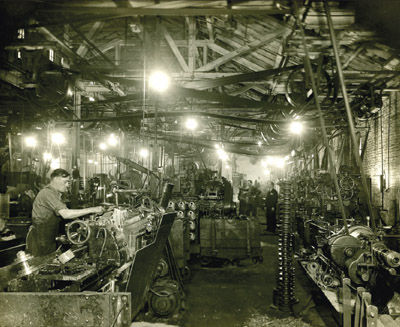The Graying of the Gear Industry

The gear industry is getting old, fast.
I was struck by that fact at Gear Expo, where most of the people I saw at the show had gray or white hair.
Of course, I’m not telling you anything you don’t already know. More and more people in the industry have told me they’ve tried to retire, but their companies keep offering them incentives to stay on—as consultants or part-timers—whatever it takes to keep them working.
A similar group of people probably work at your own company. They’ve spent decades figuring out the best ways to make your products or your customers’ products. In fact, if you’re reading this, there’s a good chance you’re one of them.
Who will help your company solve gear manufacturing problems when you retire? Are we training enough of another generation of Americans to take over when the time comes? Who is motivating young people to pursue careers in manufacturing and engineering?
When I was a little boy, I used to take things apart and try to put them back together again to figure out how they worked. I have always had an inclination toward and curiosity about machines and mechanical processes, as I suspect is the case with most of you. Around age 8 or 9, I was fortunate enough to go on a school field trip to the Ford assembly plant in Chicago. I remember being awed by seeing all those parts coming together and, at the end of the line, a guy jumping into the car, turning the key, and driving a finished automobile off the line. I was fascinated. It was an experience that helped focus my interest in engineering.







